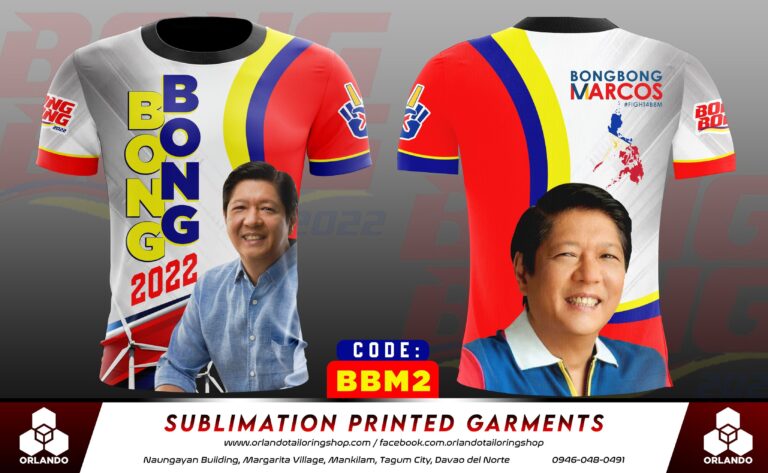Campaign websites are an essential tool for political candidates and their teams to connect with voters, share their platform, and mobilize support. These websites serve as a digital hub for the campaign and can play a crucial role in modern political campaigns. Here are key elements and considerations for campaign websites:
1. Clear Messaging:
- The website should convey the candidate’s key messages and priorities in a clear and concise manner.
- Use compelling and persuasive language to engage visitors and make them understand the candidate’s stance on important issues.
2. Candidate Information:
- Include a detailed biography or about page that introduces the candidate, their background, and qualifications.
- Provide information about the candidate’s political experience, achievements, and values.
- Highlight any endorsements or notable supporters.
3. Platform and Issues:
- Clearly outline the candidate’s stance on various political issues. Create dedicated pages for each issue.
- Offer detailed policy proposals and solutions.
- Use multimedia elements such as videos, infographics, and charts to make complex issues more understandable.
4. Donation and Fundraising:
- Make it easy for supporters to donate to the campaign. Include a secure donation platform.
- Provide transparency about campaign finances, including how donations are used.
5. Volunteer and Get Involved:
- Offer opportunities for visitors to get involved in the campaign, such as volunteering, hosting events, or signing up for email updates.
- Include a volunteer sign-up form and contact information for campaign staff.
6. News and Updates:
- Maintain a blog or news section to share campaign updates, press releases, and endorsements.
- Use social media integration to cross-promote content and engage with supporters on various platforms.
7. Events and Calendar:
- Display a campaign events calendar with details about rallies, town halls, and other public appearances.
- Provide information on how to attend or participate in events.
8. Multimedia Content:
- Include photos, videos, and audio clips that showcase the candidate’s activities and interactions with the community.
- Use high-quality visuals to enhance the website’s appeal.
9. Contact Information:
- Make it easy for visitors to contact the campaign via email, phone, or a contact form.
- Include an office or headquarters address, if applicable.
10. Mobile Responsiveness: Ensure that the website is mobile-friendly and responsive to different screen sizes and devices.
11. Accessibility: Design the website to be accessible to individuals with disabilities, complying with accessibility standards.
12. Security and Privacy: Implement security measures to protect user data and campaign information. Clearly communicate the campaign’s privacy policy.
13. Search Engine Optimization (SEO): Optimize the website for search engines to increase its visibility in search results.
14. Compliance: Adhere to all relevant campaign finance and election laws regarding online content and disclosures.
15. Analytics and Tracking: Use web analytics tools to track visitor behavior, measure website performance, and make data-driven improvements.
IMAGE GALLERY

CONTACT US
For details, do any of the following:
- Call or text me at 09460480491
- Message us on Facebook at https://www.facebook.com/rbsublimationsignage/



